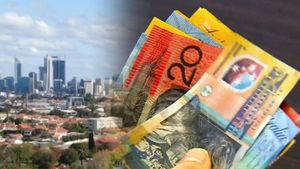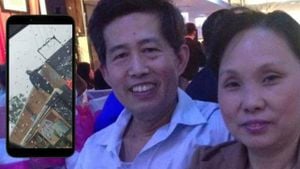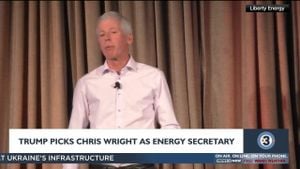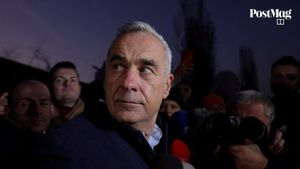Authorities have clamped down on access to Sambhal, aiming to restore order following recent violent incidents linked to a contentious mosque survey. On November 30, the district administration of Sambhal reiterated its ban on ‘outsiders’ entering the region until December 10, coinciding with planned visits from prominent political figures, including members of the Samajwadi Party (SP). This measure has sparked considerable backlash, highlighting the tense political climate and community frustrations.
Violence erupted on November 24, resulting in multiple fatalities and injuries, primarily during protests involving the Shahi Jama Masjid, which was at the center of the investigation. The local authorities have indicated they are enforcing security measures to prevent external interference, with the divisional commissioner, Aunjaneya Kumar Singh, confidently stating, “No delegations will be tolerated until we secure stability.”
Against this backdrop, the SP, under the leadership of Akhilesh Yadav, has criticized these restrictions as heavy-handed and undemocratic, fueling discussions about governance failures. Yadav, who was set to lead the delegation to Sambhal himself, condemned the prohibition as indicative of poor administration by the ruling BJP. He argued, "If the government had taken precautionary measures earlier to address those who incited violence, the current unrest could have been avoided."
The situation escalated with the announcement of the ban, especially as SP leaders, such as Mata Prasad Pandey, expressed their intentions to investigate the events surrounding the mosque survey, insisting their visit was aimed at ensuring justice for victims and transparency. Pandey remarked, "The government appears intent on obscuring its own shortcomings; our visit would reveal the truth about these incidents."
Local lawmakers and party representatives have voiced their concerns, describing the administration's actions as oppressive. They argue the ban is not only aimed at restricting political dissent but also at silencing voices advocating for victim rights amid the turmoil. The current turmoil traces back to allegations surrounding the mosque’s historical significance, which has invoked deep-seated communal tensions.
The conflict outbursts were ignited by claims from petitioners asserting the mosque stands on the remnants of an ancient shrine. This assertion led to calamities, including riots which left four dead and dozens injured, raising alarms about law enforcement's response to the crisis. Activists from various social organizations have described the incident as emblematic of rising communal strife, calling for investigations free from political influence.
Reacting to the unrest and the subsequent ban, Yadav commented, "Imposing restrictions at this stage demonstrates the BJP government’s failure. A transparent investigation is imperative, yet the government acts as if it's guilty of something, attempting to sidestep accountability.” This sentiment has evidently found resonance among constituents who are growing increasingly frustrated with the handling of communal issues.
Though the SP delegation faces barriers, it is worth noting other political players are now stepping up their involvement. The UP Congress has declared plans for its own visit to Sambhal, scheduled for December 2, emphasizing civic engagement and solidarity with affected families. Congress leader Ajay Rai has stated, "We must voice the concerns of those suffering from the aftermath of this violence, there will be no hiding from the truth."
Local and national politicians continue to grapple with their roles as tensions mount. The BJP responded sharply to the accusations, with state deputy chief minister Brajesh Pathak attributing the violence to failures under previous SP governance, asserting, "The chaos was initiated by those aligned with the Samajwadi Party; accountability is overdue." This exchange mirrors broader narratives within Uttar Pradesh politics, where mutual blame games often complicate efforts toward reconciliation.
Local law enforcement remains on high alert, with substantial deployments ensuring order as the situation develops. Police were previously criticized for their handling of the riots, facing allegations of excessive force, which they continue to refute. The police maintain their defense, promising impartial investigations of the recent violence, focusing not only on public order but also on addressing systemic issues within local governance structures.
With rising tensions and polarized sentiments among the populace, the next few weeks leading up to the ban's expiration are likely to reflect simmering frustrations and political maneuvering. It seems we are on the cusp of what could either be escalatory conflict or potentially constructive dialogue, depending on how authorities and political leaders navigate these complex dynamics.
Meanwhile, as political parties mobilize, the community watches closely, wary of the government’s ability to confront the challenges head-on whilst ensuring justice for those impacted by the recent violence. This complex situation could determine not just the fate of Sambhal but also the political fortunes of its leaders moving forward.



